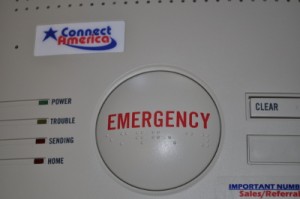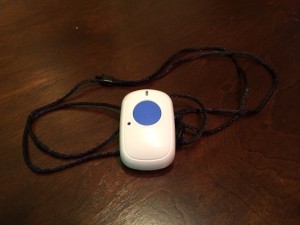Elderly Service: Long-Term Care Ombudsman
Often times seniors are without a figurative voice; there is no one to speak out on their behalf when they need help. That could leave seniors wallowing in poor conditions or vulnerable to abuse. That was the thought behind the Long-Term Care Ombudsman program, a very important elderly service.
The federal government began the program in 1972, providing advocacy for residents of such long-term care facilities as nursing homes, assisted living facilities and other residential adult care centers.
According to the Administration on Aging, advocates “work to resolve problems of individual residents and to bring about changes at the local, state and national levels that will improve residents’ care and quality of life.”
The federal government provides funds to the states for this elderly service. There are more than a thousand full-time ombudsmen nationwide to go along with a force of nearly 10,000 volunteers. The volunteers are trained and certified to investigate and resolve complaints made by long-term residents.
Some 200,000 complaints are received every year, ranging from eviction from their homes to the staff’s lack of respect for residents to problems with the administration of medication.
Ombudsmen are able to resolve or partially resolve around 75% of the complaints they receive. They do this by visiting the nursing homes or assisted living facilities and speaking to the residents and the staff. In fact, they visit 70% of the nation’s nursing homes as they stage their investigations.
The Long-Term Care Ombudsman is a vital elderly service. Without it, seniors would be left to fend for themselves. Some seniors can do that, but many cannot, especially the ones who find themselves living in nursing homes and assisted living centers. And they are the ones most in need of an advocate.




